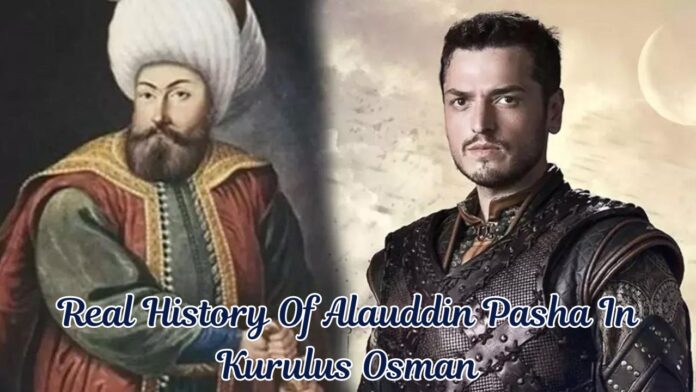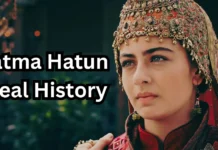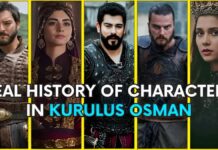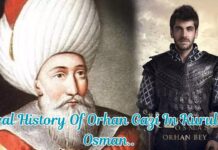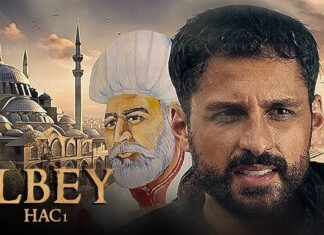We found a personality who was the first Grand Vizier of the Ottoman Caliphate. You were the grandson of Ertuğrul Ghazi, and your father, Osman Ghazi, named you Alauddin in honor of Sultan Alauddin.
Alauddin’s Role in the Ottoman Empire
The role of this great personality in the Ottoman Empire is undeniable. You were the elder son of Osman Ghazi, and you had the right to take the throne of the Ottoman Sultanate after your father’s death. However, when Osman Ghazi, during his lifetime, appointed his younger son Orhan as his successor and willed it, Alauddin obeyed his father’s command. By then, Orhan had mastered the art of warfare under the guidance of his father, Osman Ghazi, and participated in campaigns alongside him. However, your elder brother, Alauddin, devoted his time to scholarly pursuits and research, preferring to gain knowledge and wisdom like his uncle Sâvcı Bey. After the death of Osman Ghazi, Orhan Gazi proposed to divide the Sultanate between the two brothers, but Alauddin declined due to his father’s will and his peace-loving nature.
Real History of Allaudin Pasha | Watch Video
Appointment as Grand Vizier
On Orhan’s insistence, he accepted only the responsibility of the treasury, allowing his brother Orhan to ascend the throne and himself becoming the first Grand Vizier of the Ottoman Empire. Alauddin focused on three areas in particular: coins, dress, and the army. He initiated the issuance of coins in the name of Sultan Orhan, marking the Islamic state’s official distinction. Until then, there was no significant difference in clothing for the people, so Alauddin proposed different types of clothing for various ranks, distinguishing between urban and rural, Muslim and non-Muslim communities.
Key Contributions of Alauddin
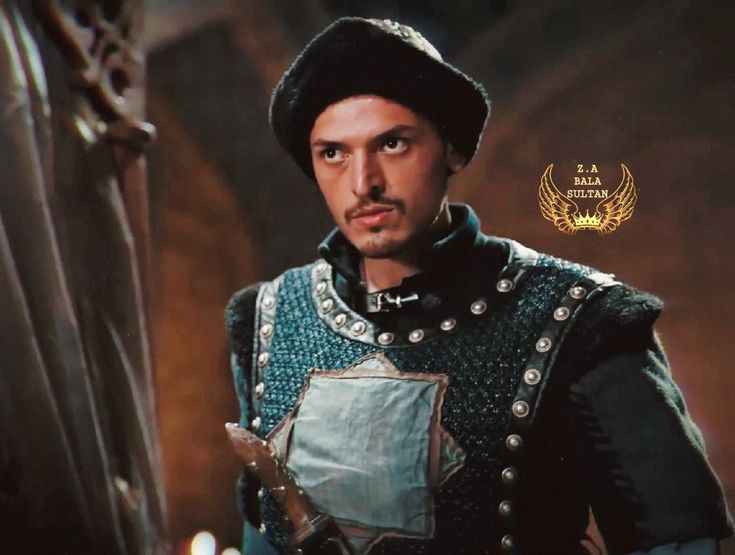
However, Alauddin’s most significant achievement was the establishment of a standing army, which enhanced the power of the Ottoman Empire, contributing to its military successes for over 300 years. During the time of Osman Ghazi, there was no regular army; instead, when a battle was anticipated, an announcement would be made, and those willing to participate would gather at a designated place. These warriors were not paid but received a share of the spoils of war as compensation. They had no specific uniform and were known for their mounted prowess, charging into battle with great strength and valor.
Establishment of a Regular Army
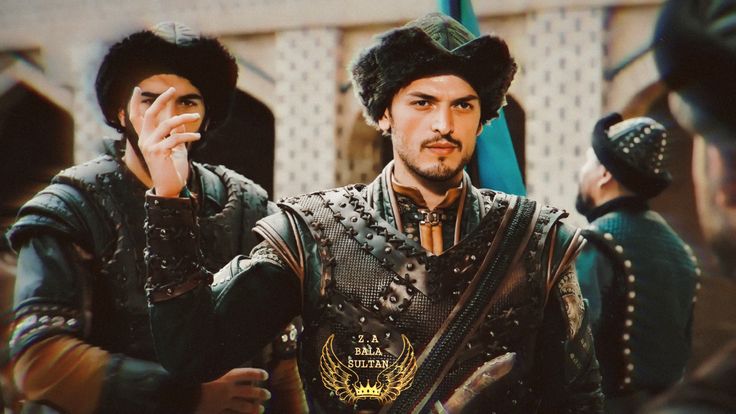
This method continued during Osman Ghazi’s time, but as the empire expanded, the existing system proved insufficient, and the need for a regular and permanent army was felt. Alauddin established a salaried army named “Yaya,” which was divided into units of a thousand. This newly formed force quickly demonstrated its strength and began to become a topic of discussion due to its discipline and effectiveness.
Orhan suspected that this army might rebel, so he ordered Alauddin to disband it. However, Alauddin proposed that instead of disbanding it, Christian boys aged 10-12 captured during wars should be converted to Islam, given formal military training, and incorporated into a permanent army. Orhan liked this idea, and a thousand Christian boys were converted to Islam and trained as soldiers. The following year, another thousand boys were chosen, and this process continued for three hundred years. If the quota of a thousand boys was not met from those captured in battles that year, they were supplemented by boys from other regions.
The Creation of the Yeniçeri (Janissaries)
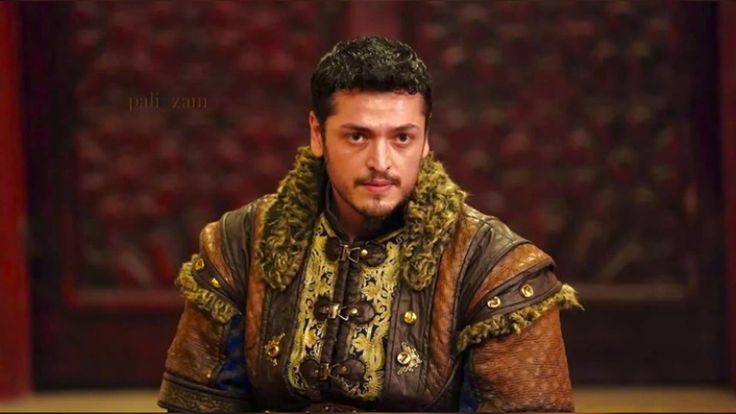
However, during the reign of Sultan Mehmet, the system was altered, and sons of those soldiers and Muslim boys were also included in this army. This army was known in Turkish as “Yeniçeri,” meaning “New Army.” When Alauddin established this force, the first group of regular soldiers was taken to Sheikh Edebali, a spiritual guide famous for his piety in the area of Bilecik, who prayed for the army’s victory and named it “Yeniçeri.”
Legacy of Alauddin
All the victories of the Ottoman Caliphate were achieved through this army, whose founder was Alauddin, the first Grand Vizier of the Ottoman Caliphate and the grandson of Ertuğrul Ghazi.

